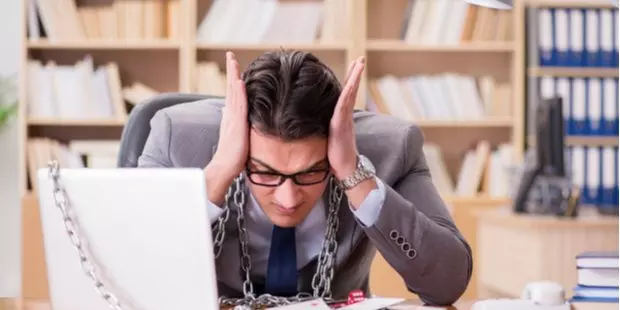Every mobile poker player knows that gambling can turn into addiction if not treated carefully. And even though problem gambling has been discussed at length over the years, and it seemed as if there is nothing more to say about the subject, the issue has resurfaced as a result of Covid-19.
In the past year, the number of online and mobile poker players has risen exponentially, and with it – the risk of developing a gambling problem. How many casino players began developing problems? And what can we do about it? Stay tuned and find out the answers to these questions.
How Covid-19 Affected Gambling Patterns
In a study published in Frontiers in Psychology in 2020, a thousand participants talked about their gambling habits since Covid-19 came into our lives. Among the participants, 23% were low-risk gamblers. In addition, 15% were at moderate risk, and 10% were defined as problem gamblers.
Most players reported participating in online horse betting (90%), while online casino games (81%) and online poker (94%) were popular as well. In order to understand the magnitude of the impact Covid had on gambling patterns, researchers compared their findings to a similar study conducted in 2018.
Unsurprisingly, the number of people who gambled at land-based casinos decreased significantly. However, online poker, online slots, and online bingo statistics remained generally the same.
But what was really surprising is the fact that online horse betting became more popular than ever during the pandemic (from 40% in the previous study, the numbers increased to 59%). This data can be explained by the fact the horse betting became more popular in recent years, and those events still took place during the lockdown.
The study also showed that women were more prone to develop gambling problems than men. However, since the majority of the study's participants were male, it is unclear whether this information is 100% accurate.
Safe Gambling Tips
By definition, gambling problems cause financial problems, while leading to social and psychological consequences. In the past, it was reported that about 1% of the adult population in the US has some sort of gambling problem. That stands for approximately 3m people.
If you want to avoid developing gambling issues, here are a few rules you should follow:
- Pay attention to major changes – Detecting changes to your behavior is the first step towards dealing with the problem. If you find yourself getting more irritable when playing casino games. And if you notice gambling is affecting your relationships and financial state – you need to take a step back from betting.
- Try to avoid temptation – Once you lose the ability to gamble moderately, you need to stop placing bets completely. So, to make things easier for you, try to avoid anything casino-related.
- Seek assistance – As we've mentioned, problem gambling is not as rare as you might think. That means that you're never alone in your struggles, and you can receive help from multiple sources. There are support groups, helplines, and special organizations that can help you get over your gambling issues. You can find a list of possible help sources at online casinos and special websites dedicated to the matter.
- Find an alternative to gambling – If playing online casino games has been a major part of your life, stopping gambling cold-turkey can leave you with too much free time on your hands. And if you don't fill that time with a different source of entertainment, you might be drawn back to gambling in no time. So, find a new hobby, get out more often, spend time with your friends, and do anything in your power to distract yourself from gambling.
In Conclusion
Playing online poker and placing bets online is fun and exciting – but you have to be in control of your actions when participating in such an activity. If you suspect you're in the process of developing a gambling problem, don't wait too long before asking for help!

